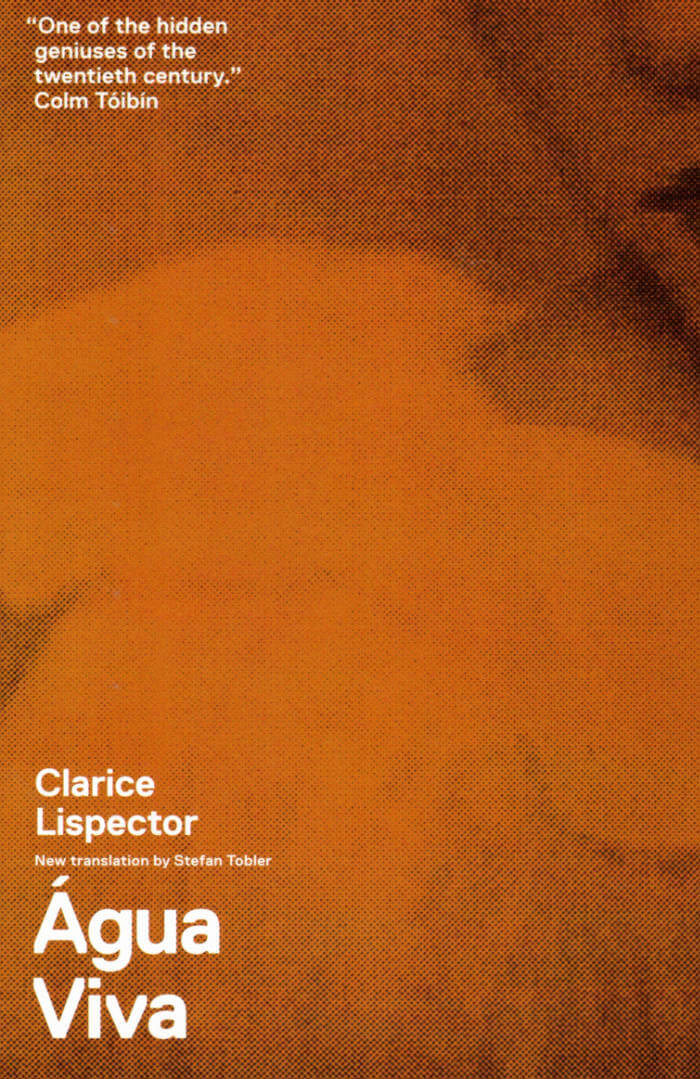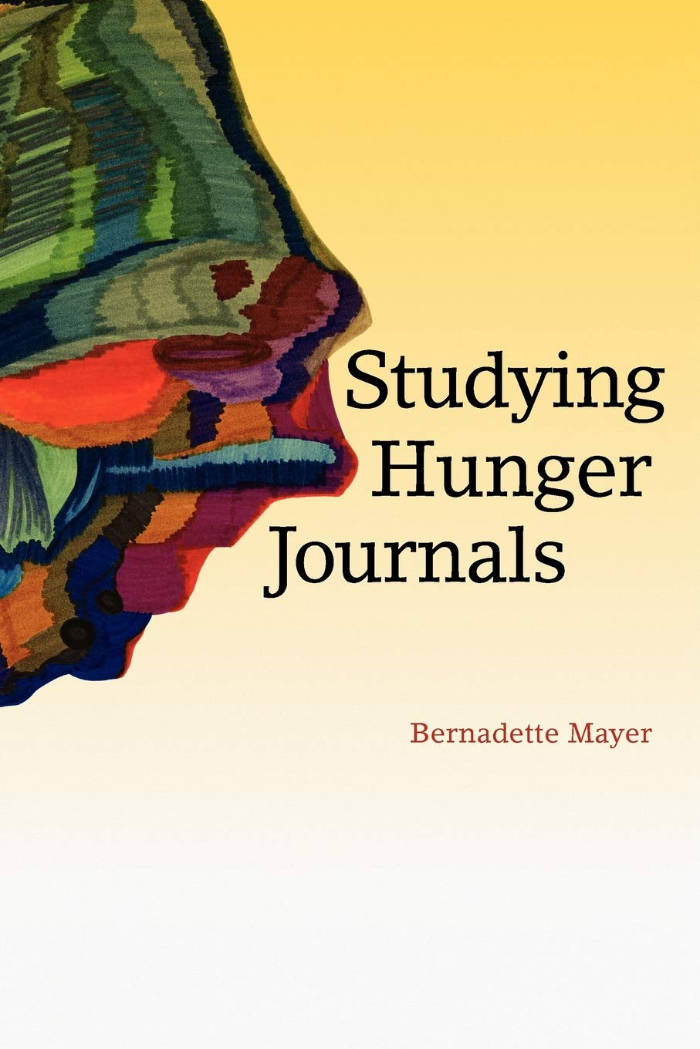
A Bernadette Mayer Reader
A Bernadette Mayer Reader collects texts that were originally published in small press books and chapbooks, magazines, and anthologies. The book holds poetry and prose from Mayer’s earliest works to then-contemporary publications. From Story (1968), to excerpts from Desires of Mothers and Midwinter Day (1982), and including a cache of new poems, this is a sprawling, surprising collection of Mayer at her best.
The reader was met with praise from peers and critics alike. In the words of Jackson Mac Low, "[Mayer] never gets stuck in one place - she changes as the spirit moves her- and her structural inventions and self-revelations provoke surprise and delight."
Of the publication, Fanny Howe writes, "America could prove that her conscience, heart, and intelligence are still operating with this one volume of poetry."
Bernadette Mayer was born in Brooklyn, New York, in 1945. A most prolific poet, her first book was published at the age of twenty-three. Many texts later she continues to write progressive poetry from her home in East Nassau, New York. For many years Mayer lived and worked on the Lower East Side of Manhattan where she was the Director of St. Mark's Poetry Project from 1980-1984. Bernadette Mayer has received grants and awards from PEN American Center, The Foundation for Contemporary Performance Art, the NEA, The Academy of American Poets, and The American Academy of Arts and Letters.
Published 1992
Language: English







